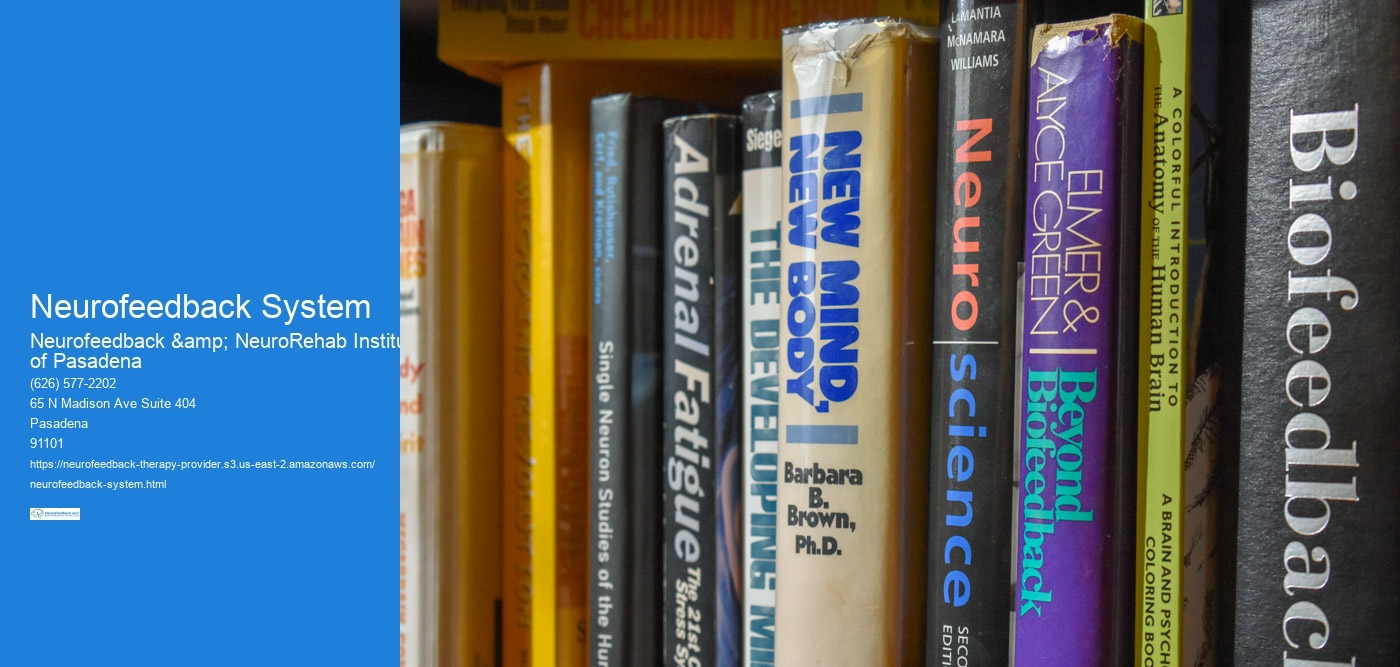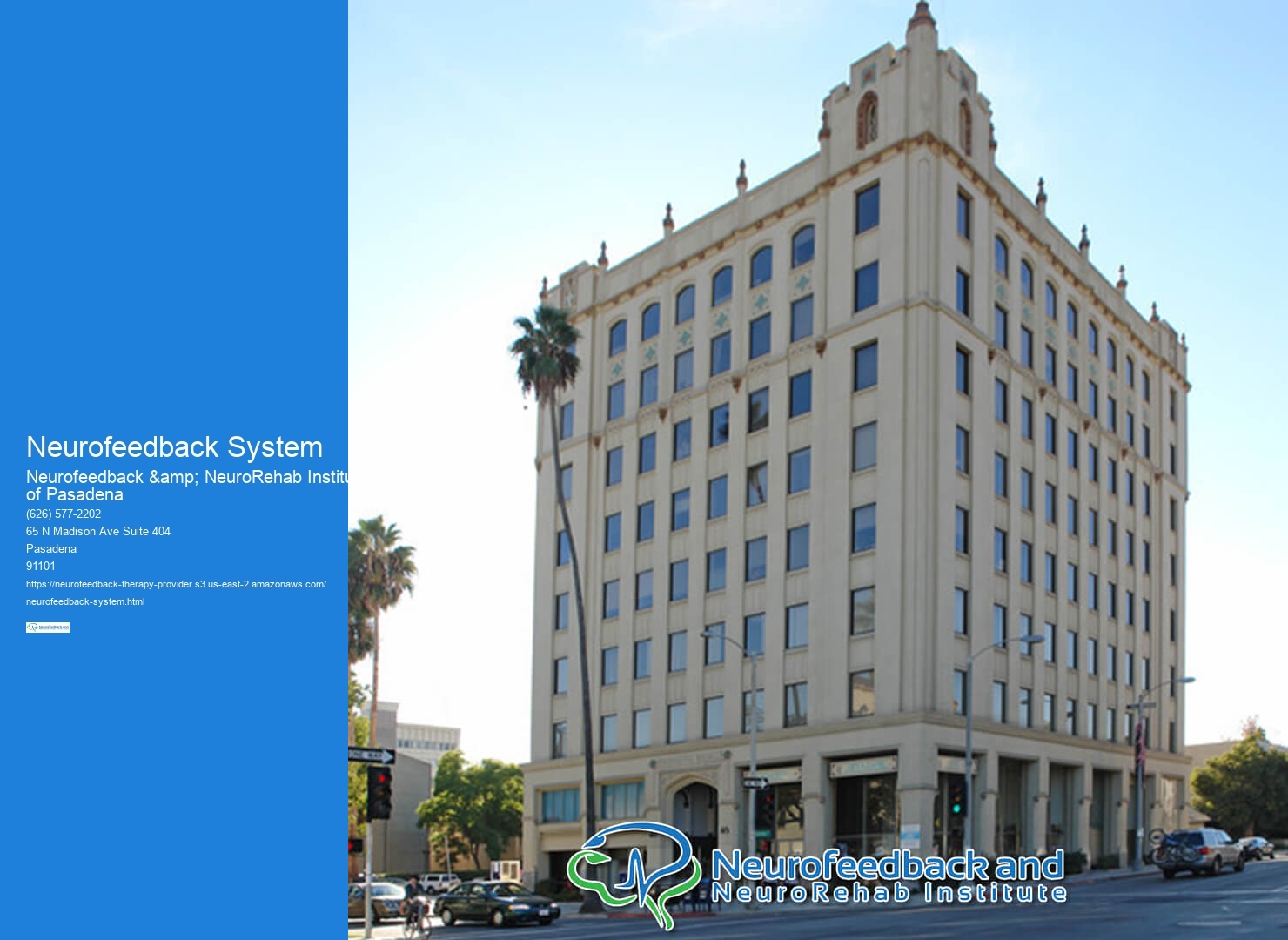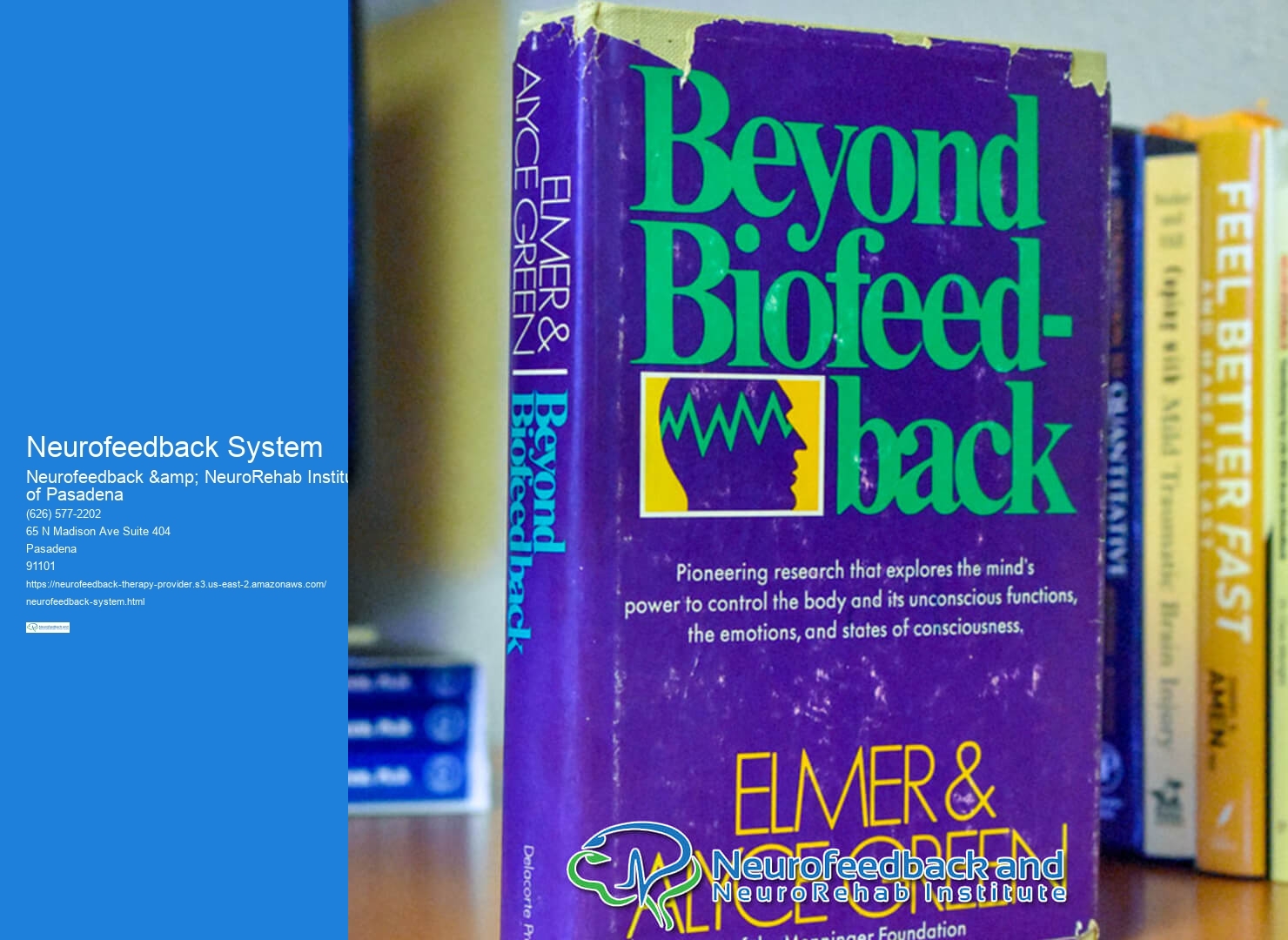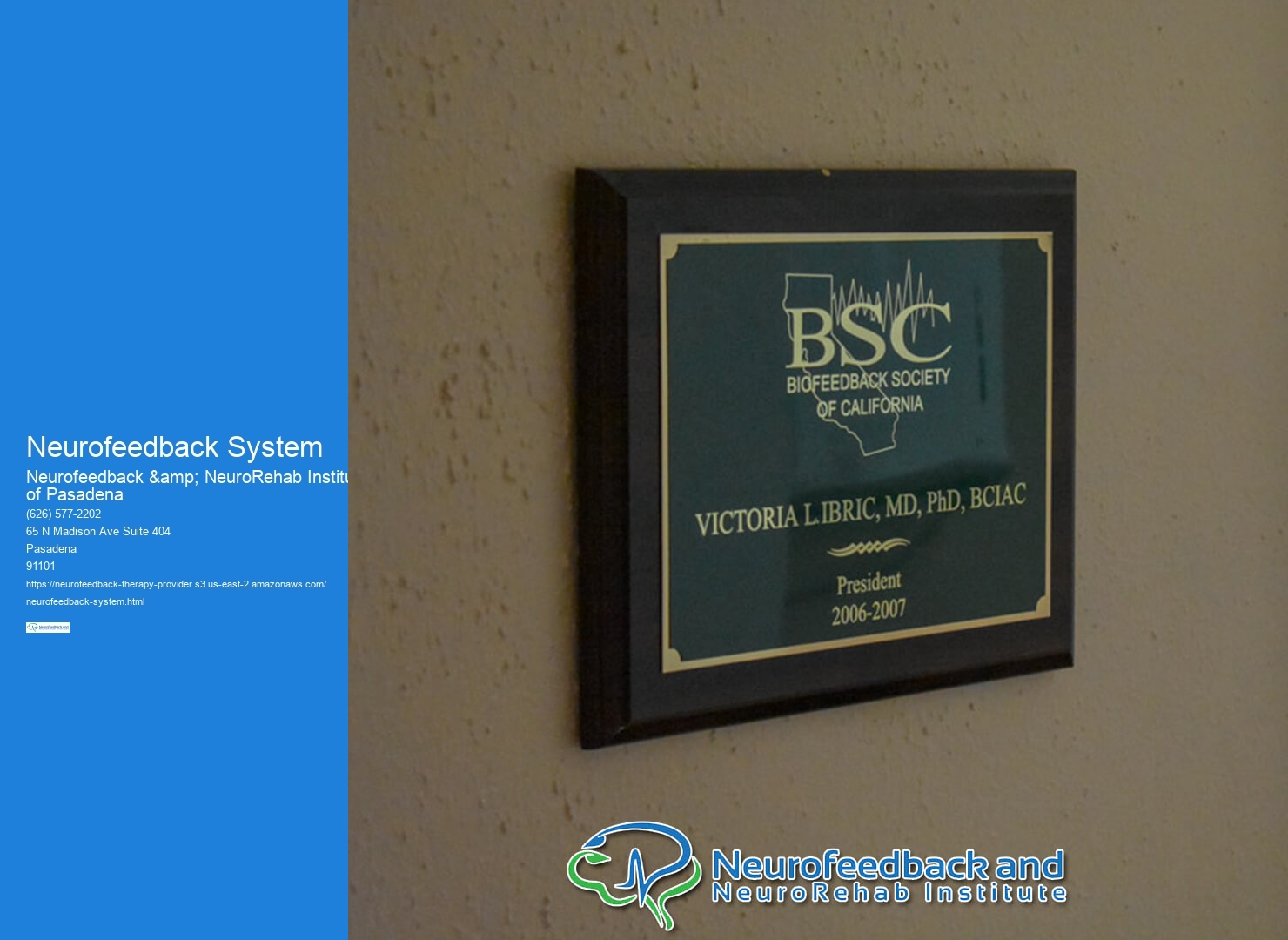

Neurofeedback systems like Neureka target and improve brainwave patterns associated with anxiety and stress by utilizing specific protocols that focus on enhancing alpha and theta brainwave activity while reducing beta wave dominance. Brainwave Monitoring Instructor By training individuals to increase their alpha and theta waves, which are linked to relaxation and calmness, and decrease their beta waves, associated with stress and anxiety, Neureka helps to regulate and rebalance brainwave patterns, leading to reduced feelings of anxiety and stress.
Neureka employs specific neurofeedback protocols to enhance focus and attention in individuals with ADHD by targeting and training the brainwave patterns associated with sustained attention and impulse control. This involves training to increase beta wave activity in the prefrontal cortex, which is linked to executive function and attention, while reducing theta wave activity, which is often elevated in individuals with ADHD and associated with distractibility. EEG Neurotherapy Instructor By doing so, Neureka helps individuals improve their ability to sustain attention and focus.
In addressing sleep disturbances and insomnia, Neureka Neurofeedback System regulates brainwave patterns by targeting and training the brain to increase the production of delta waves during deep sleep and reduce beta and alpha wave activity during wakefulness. By promoting the appropriate brainwave patterns for each sleep stage, Neureka helps individuals achieve better sleep quality and duration, leading to improved sleep and reduced insomnia symptoms.
Neurofeedback Center
Neureka Neurofeedback System helps alleviate symptoms of depression and mood disorders by targeting and regulating brainwave patterns associated with emotional regulation and mood stability. This involves training to increase alpha wave activity in the frontal lobes, which is associated with relaxation and emotional balance, while reducing beta wave dominance, which is linked to stress and agitation. By rebalancing these brainwave patterns, Neureka supports improved mood and emotional well-being.
In targeting and enhancing cognitive function and memory retention in aging individuals, Neureka Neurofeedback System focuses on training to increase alpha and theta wave activity, which are associated with cognitive processing and memory consolidation, while reducing beta wave dominance, which can interfere with cognitive function. Neurofeedback Training Center By promoting the appropriate brainwave patterns for cognitive function, Neureka supports improved cognitive abilities and memory retention in aging individuals.

Neureka employs specific neurofeedback techniques to address and improve symptoms of PTSD and trauma-related conditions by targeting and training the brainwave patterns associated with emotional regulation and trauma processing. This involves training to increase alpha wave activity in the frontal lobes, which is linked to relaxation and emotional balance, while reducing hyperarousal beta wave activity, which is often elevated in individuals with PTSD. By rebalancing these brainwave patterns, Neureka helps individuals manage and reduce symptoms of PTSD and trauma-related conditions.
Neureka Neurofeedback System specifically targets and regulates brainwave patterns associated with chronic pain and migraines by training to increase alpha and theta wave activity, which are linked to pain perception and relaxation, while reducing beta wave dominance, which can exacerbate pain and migraine symptoms. EEG Biofeedback Therapist By rebalancing these brainwave patterns, Neureka helps individuals manage and reduce symptoms of chronic pain and migraines, leading to improved quality of life.

Yes, there is a growing body of research supporting the use of neurofeedback for depression. Neurofeedback, also known as EEG biofeedback, is a non-invasive technique that aims to train individuals to regulate their brain activity. Several studies have shown that neurofeedback can be effective in reducing depressive symptoms by targeting specific brainwave patterns associated with depression, such as alpha asymmetry and frontal alpha power. Additionally, neurofeedback has been found to modulate neural networks involved in emotion regulation and cognitive control, which are often dysregulated in individuals with depression. Furthermore, meta-analyses and systematic reviews have provided evidence for the efficacy of neurofeedback as a complementary treatment for depression, highlighting its potential to improve mood, reduce negative affect, and enhance overall well-being. Overall, the research suggests that neurofeedback holds promise as a promising intervention for depression, offering a novel approach to addressing the underlying neurobiological mechanisms of the disorder.
Neurofeedback has been shown to have a positive impact on gamma brainwaves, which are associated with higher cognitive functions such as memory, attention, and problem-solving. Through the process of neurofeedback training, individuals are able to learn to regulate their brainwave activity, including gamma waves, by receiving real-time feedback on their brainwave patterns. This training can lead to increased coherence and synchronization of gamma brainwaves, which may result in improved cognitive performance and overall brain function. Studies have indicated that neurofeedback can effectively modulate gamma brainwave activity, leading to potential benefits for individuals with conditions such as ADHD, anxiety, and depression. Additionally, neurofeedback has been found to promote neural plasticity and optimize brain functioning, further supporting its potential to positively influence gamma brainwaves.
Neurofeedback therapy sessions typically involve the use of specialized equipment designed to monitor and provide feedback on brainwave activity. This equipment may include electroencephalography (EEG) sensors, amplifiers, and software programs that analyze and display brainwave patterns. Additionally, some neurofeedback therapy setups may incorporate audio or visual stimuli to help clients learn to self-regulate their brainwave activity. The use of neurofeedback equipment is tailored to the individual's specific needs and goals, with the aim of promoting self-awareness and facilitating positive changes in brain function.
Neurofeedback has shown promise in enhancing cognitive performance in students by utilizing real-time monitoring of brain activity to provide feedback and training. By targeting specific brainwave patterns associated with attention, memory, and executive function, neurofeedback aims to improve cognitive abilities such as focus, information processing, and decision-making. Studies have indicated that neurofeedback training can lead to improvements in academic performance, attentional control, and working memory in students. Additionally, the personalized nature of neurofeedback allows for tailored interventions to address individual cognitive strengths and weaknesses, potentially optimizing learning outcomes. As a non-invasive and drug-free approach, neurofeedback offers a promising avenue for supporting students' cognitive development and academic success.
Neurofeedback programs designed to enhance creativity in writers are gaining attention within the field of cognitive enhancement. These programs utilize advanced neuroimaging techniques to measure and train brain activity associated with creative thinking, idea generation, and linguistic fluency. By targeting specific neural networks involved in the creative process, such as the default mode network and the prefrontal cortex, these programs aim to optimize cognitive functions related to writing, storytelling, and imaginative expression. Through real-time feedback and personalized training protocols, writers can potentially improve their ability to access and harness their creative potential, leading to enhanced productivity and innovative literary output. Additionally, these neurofeedback programs may incorporate elements of mindfulness, cognitive-behavioral therapy, and neuroplasticity principles to further support the development of a writer's creative skills and mindset.